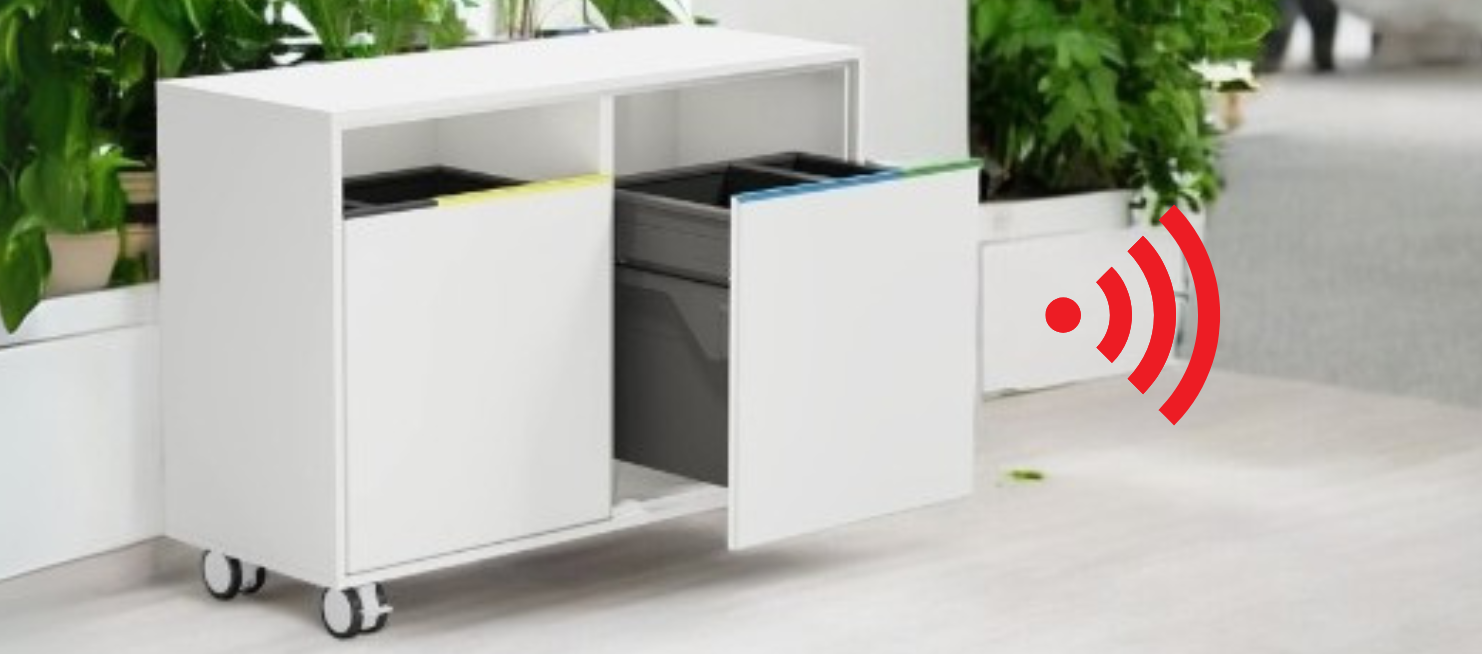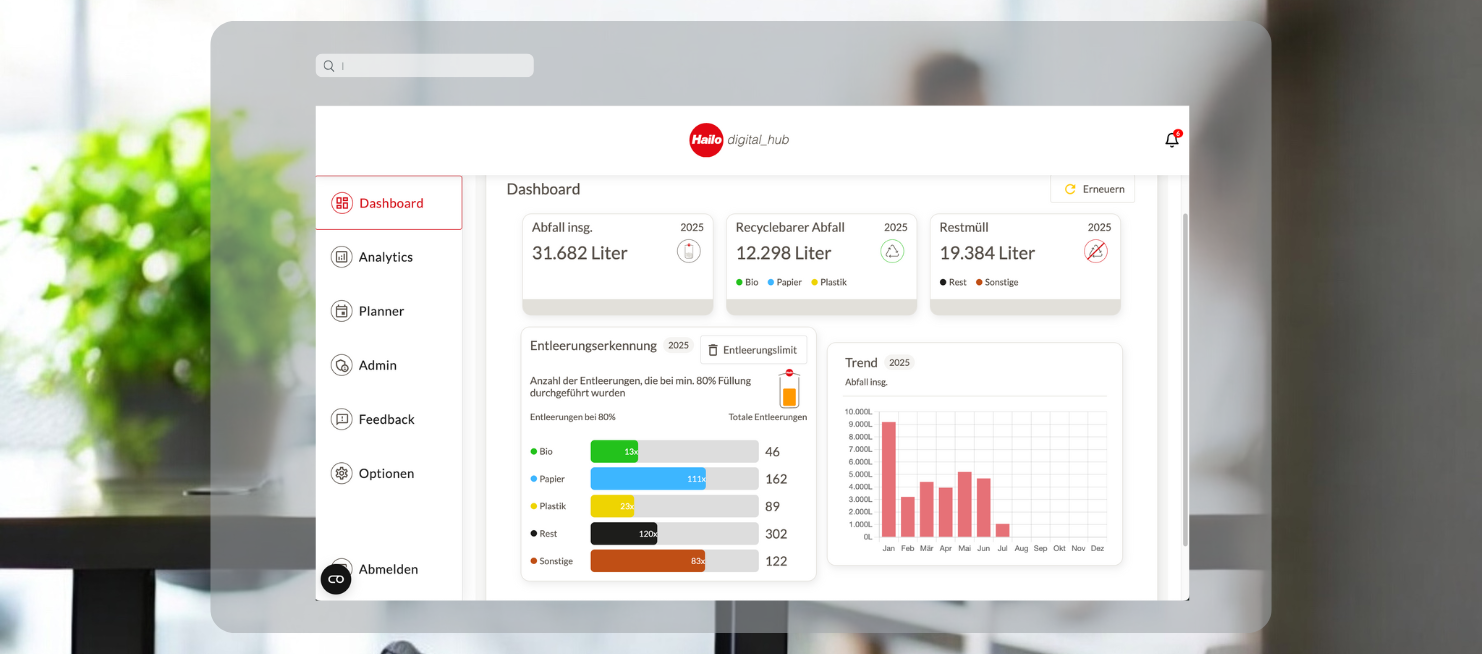Change Management in Smart Waste – How Companies Can Engage Employees in Digital Transformation
The success of digital transformation projects is depending on the people who implement them. This is especially true for Smart Waste systems. Sensors, software, and dashboards can monitor waste bins in real time, optimize collection routes, and reduce costs. However, they only unfold their full potential when employees in facility management understand, embrace, and actively help shape the new processes.
Change Requires Participation
Change management is not an optional accompanying program, it is the foundation for project success. Nevertheless, this aspect is underestimated in many organizations. Especially in Smart Waste solutions, certain questions often arise: “Will the new technology replace my job?” or “Does digitalization mean more control?” Such thoughts are normal and should not be ignored but actively addressed, as openness and dialogue foster a sense of security and trust.
Trust Through Communication and Visible Benefits
Companies that inform their employees clearly and involve them purposefully increase the acceptance of digital waste management systems. When the benefits become clear, for example, through the reduction of routine tasks, transparent processes, or faster response times when waste bins are full, employees are more motivated to actively use digital solutions in their daily work.
Training sessions, pilot projects, and practical trials are essential. They provide opportunities for dialogue and show that technology serves a purpose to make everyday work more effective, streamlined, and sustainable.
Success Factors for Smart Waste Projects
- Communication: Communicate the benefits of digital systems clearly and transparently.
- Involvement: Engage employees at an early stage and take feedback seriously.
- Qualification: Training and workshops strengthen digital skills.
- Show results: Even small, measurable wins boost motivation.
When Technology Meets Mindset
Successful change management goes far beyond simply implementing a new system. It creates a culture in which employees see change as an opportunity for growth. In this way, Smart Waste evolves from a purely technical project into a shared journey toward more sustainable, and efficient facility management processes.
Digital transformation does not start with software - it starts with mindset. Those who engage people rather than merely inform them create the foundation for genuine, lasting change.










